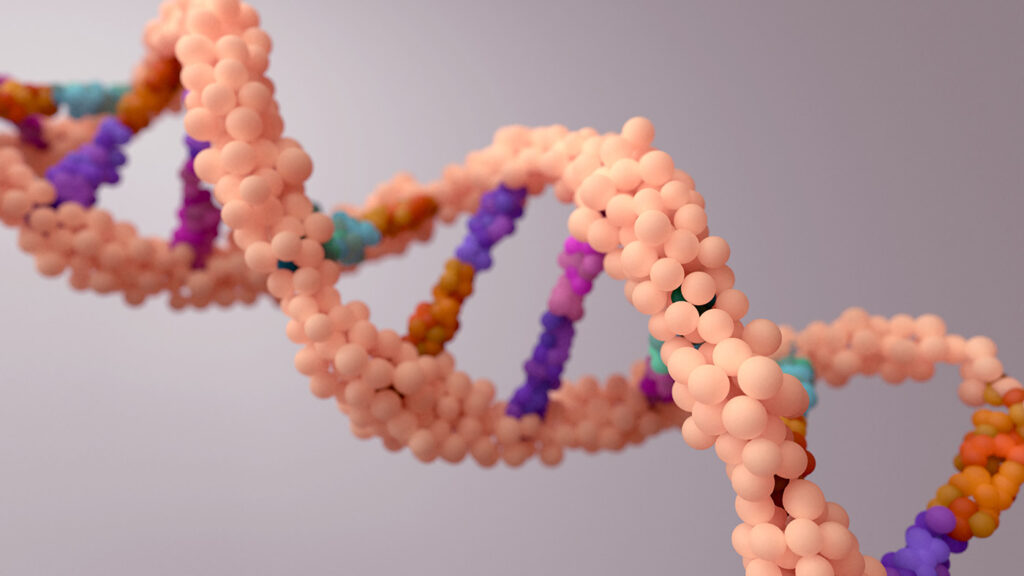Researchers at the Icahn School of Medicine at Mount Sinai in New York, Boston Medical Center, and Boston University School of Medicine have developed software to help scientists more easily analyze the molecular structure of tissue in healthy and diseased states, including cancer and neurodegenerative disease. Details of the platform, dubbed Giotto Suite, are published in Nature Methods in a paper titled “Giotto Suite: a multiscale and technology-agnostic spatial multiomics analysis ecosystem.”
According to the developers, the software is intended to help scientists extract insights from data generated by spatial omics technologies. These platforms, which emerged in recent years, capture detailed maps of RNA and proteins in intact tissues that shed light on how cells behave and interact in different tissue microenvironments.
However, “the real challenge now lies in analyzing and interpreting that data,” said Guo-Cheng Yuan, PhD, a professor of genetics and genomic sciences at the Icahn School of Medicine and co-senior corresponding author. “Biologists need tools that can keep pace with the growing complexity and scale of these datasets and help them draw meaningful conclusions. We wanted to create a tool that not only simplifies the analysis process, but also adapts to different types of spatial data and workflows, so researchers can focus on the science rather than the technical hurdles.”
That’s where Giotto Suite comes in. In the paper, the scientists describe it as a suite of modular packages that “provide scalable and extensible end-to-end solutions for multiscale and multiomic data analysis, integration, and visualization.” This is important because “many existing tools require users to combine multiple packages to complete a full analysis,” explained co-senior corresponding author Ruben Dries, PhD, an assistant professor of medicine, hematology, and medical oncology at Boston University School of Medicine and an associate member of the Center for Regenerative Medicine at Boston Medical Center. “This tool brings those steps into a single framework, aiming to streamline the process.”
Giotto Suite is designed to work with spatial data from various platforms and support a broad range of analysis, including data integration across different types of measurements and resolutions. It has a flexible structure that lets users begin their analysis from multiple points depending on their research needs. “We also developed it with scalability in mind to accommodate the growing size and complexity of spatial datasets,” Dries said.
The current version of Giotto Suite may not suit every research question, but there is a plan in place to expand the list of features as well as to refine the tool based on feedback from the community. Additionally, the scientists plan to enhance the platform’s interoperability with other software packages as well as offer training and support to the research community. They also plan to apply Giotto Suite in their own research studies in cancer and neurodegenerative disease.

